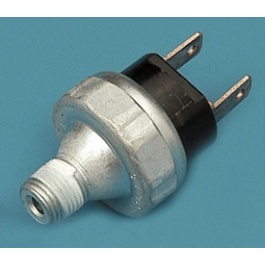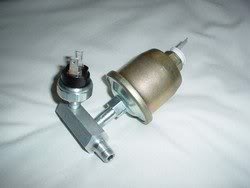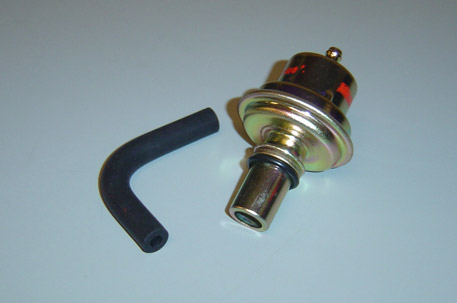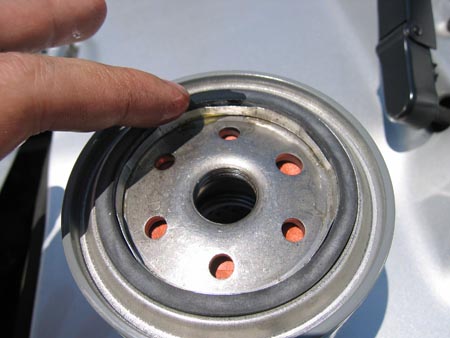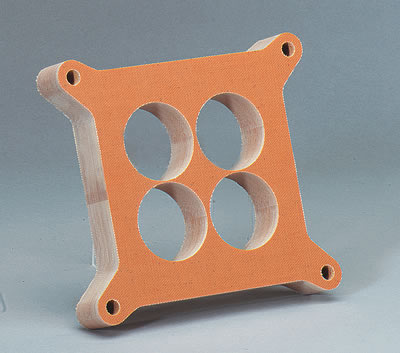I had a guy in the shop recently with a fairly new looking c5 corvette who had purchased a new set of fuel injectors as he was convinced that he had several that were not functioning, he had pulled several spark plugs and two showed much darker electrodes, and porcelain that the others , leaving him to conclude that the fuel injectors were malfunctioning, he was very insistent that I should replace those fuel injectors, I brought out my infrared temp gun and confirmed those two cylinders were running far cooler, than the others, but that did not necessarily lead me to conclude it was a faulty injector
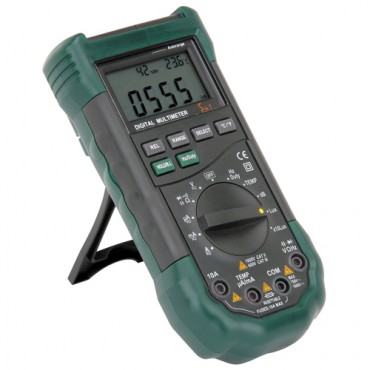
viewtopic.php?f=44&t=579&p=743&hilit=+infrared+tuning#p743
viewtopic.php?f=50&t=5726&p=17448#p17448
I swapped those two spark plugs out and during the process verified the spark at the plug, from the ignition wire, and verified that it was significantly weaker in appearance, so I pulled trouble codes
viewtopic.php?f=32&t=2697
the short version is that the trouble codes indicated an ignition fault and replacing two coil packs cleared up the problem
http://www.car-stuff.com/carparts/chevr ... t+Page%3A2
http://www.autopartswarehouse.com/detai ... 82478.html

viewtopic.php?f=44&t=579&p=743&hilit=+infrared+tuning#p743
viewtopic.php?f=50&t=5726&p=17448#p17448
I swapped those two spark plugs out and during the process verified the spark at the plug, from the ignition wire, and verified that it was significantly weaker in appearance, so I pulled trouble codes
viewtopic.php?f=32&t=2697
the short version is that the trouble codes indicated an ignition fault and replacing two coil packs cleared up the problem
http://www.car-stuff.com/carparts/chevr ... t+Page%3A2
http://www.autopartswarehouse.com/detai ... 82478.html

